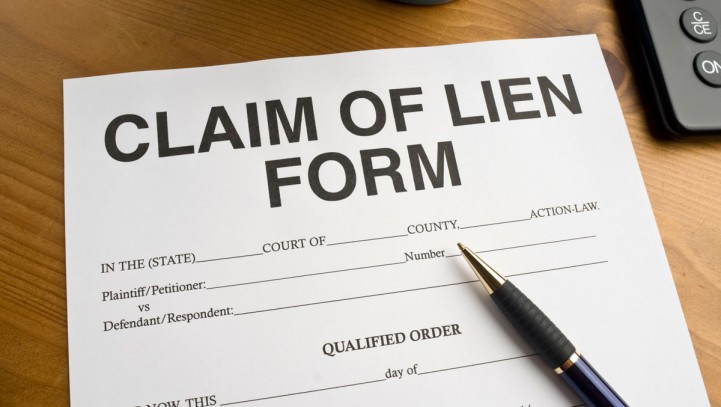Contractor’s Licenses and Lien Rights
Contractors, like many others, are regulated professionals. In order to engage in “contracting”, a person must have a license, which requires the passage of an exam and proving financial security. When a license is issued, it has a monetary amount or limit, which is largely determined by the contractor’s net worth. In Tennessee, “contracting” is engaging in, overseeing, etc. construction work, the total cost of which is more than $25,000.00.
In this down economy, many contractors have had to file liens and/or lawsuits to collect their money. But, the contractor’s license (or lack thereof) can have a significant impact on both the amount the contractor can recover and whether the contractor has lien rights at all. This article will give a brief rundown on these issues.
Amount of recovery. A threshold question in construction claims is whether the contractor was licensed. If the contractor was unlicensed, then he can recover only his actual documented expenses. He cannot recover his overhead and profit. So, the property owner will try to prove that the contractor was unlicensed. Of course, if a person has no license at all and performs construction work costing more than $25,000, he is unlicensed. But what about licensed contractors who perform work over their license limits?
In 2009, the General Assembly amended the licensing act so that a licensed contractor who exceeds his limit is entitled only to his actual documented expenses. Thus, as of 2009, both unlicensed contractors and licensed contractors who exceed their license limits have limited monies they can recover.
Lien rights. By statute, an unlicensed contractor has no lien rights on certain types of projects. But, what is an unlicensed contractor? Some courts found that a contractor exceeding his license limit was to be treated as if he were totally unlicensed. Very recently, the Court of Appeals held that a licensed contractor who exceeds his license limit is not equivalent to being unlicensed. So, being unlicensed is just that – having no license at all.
By statute, unlicensed contractors have no lien rights on residences. There was some question as to whether unlicensed contractors had lien rights on other projects. That answer has also been recently answered – they have lien rights on commercial projects, but not on residences.
In addition to limiting available remedies, acting as a contractor without a license is a violation of the Consumer Protection Act, which can carry severe penalties. As having the appropriate license (including the license limit) could mean the difference in making a profit, breaking even or possibly even subjecting the contractor to other penalties, it is highly advisable to monitor all projects for license compliance. This is one mistake that is totally avoidable.



